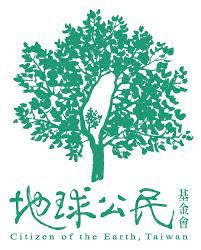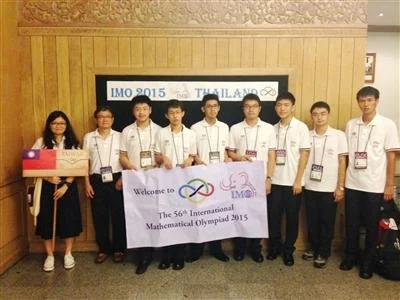
Social Impact
Children’s Health
We collaborate with Pillar 1: Data Science, Machine Learning, and Artificial Intelligence at the Children’s Healthcare of Atlanta Pediatric Technology Center (PTC) at Georgia Tech. Pillar 1 focuses on advancing data-driven technologies to improve pediatric health outcomes through interdisciplinary collaboration between Georgia Tech, Emory, and Children’s Healthcare of Atlanta. We work with clinicians and hospital teams to develop machine learning models, forecasting tools, and intelligent systems that support clinical decision-making and resource allocation.
Our group partners with CHOA to build AI systems that provide early warning for clinical deterioration in hospitalized children. This includes developing neural networks to forecast future vital signs, identify the need for emergent transfers, and trigger timely alerts for ICU teams, nurses, and physicians. We aim to translate state-of-the-art algorithms into practical, real-time tools that enhance pediatric care and optimize limited healthcare resources.
Maternal and Child Health in India
We work with ARMMAN to leverage technology to improve maternal and child health
The Maternal and Child Healthcare Mobile Health program operated by ARMMAN aims to improve the dissemination of health information to pregnant women and mothers with an aim to reduce maternal, neonatal, and child mortality and morbidity. ARMMAN serves expectant/new mothers in disadvantaged communities. The program is composed of multiple enrolled beneficiaries and a planner who schedules service calls to improve the overall engagement of beneficiaries; engagement is measured in terms of the total number of automated voice (health-related) messages that the beneficiary engaged with.
We work with ARMMAN to design algorithms that can use the domain knowledge from the service call scheduling process to predict engagement behavior in a way to maximize the downstream service call performance. Specifically, due to the limited data on historical engagement behavior and the uncertainty of human behavior, it is impossible to perfectly predict engagement behavior, and therefore there is always predictive error involved. But the predictive error can lead to different consequences in service call scheduling. Therefore, it is important to integrate the effect of the downstream planning process into machine learning pipelines. We deployed decision-focused learning to improve the performance of the maternal and child health program. This is the first real-world deployment of decision-focused learning.
Decision-focused learning has shown a significant improvement of program engagement in the field study. Now it has been deployed to the mMitra program used by 280,000+ mothers to benefit the lives of mothers and their babies.
Migrant Workers’ Mental Health
We collaborate with the Garden of Hope Foundation in Taiwan to support the mental health and well-being of migrant workers from Southeast Asia, including individuals from Vietnam, Indonesia, and the Philippines. Migrant workers in Taiwan often face difficult and exploitative working conditions with limited access to labor protections or mental health services. In response, we are exploring the use of large language models (LLMs) as a novel tool to provide conversational support to migrant workers.
Our ongoing pilot studies involve deploying LLM-powered chat systems that allow migrant workers to share their frustrations, work-related challenges, and emotional distress in a safe and confidential setting. These systems aim to offer empathetic, culturally attuned dialogue and serve as an early-warning mechanism for identifying individuals at risk of serious mental health issues. By integrating natural language understanding with community-based outreach, we hope to empower social workers and healthcare providers with scalable tools to safeguard the mental health of vulnerable migrant populations.
Environmental Sustainability
I work with the Citizen of the Earth, Taiwan to identify illegal factory expansion using satellite imagery.
I work with the Citizen of the Earth, Taiwan, to identify illegal factory expansion using satellite imagery. To mitigate the environmental impact caused by illegal factory expansion, the Citizen of the Earth implements a web game with satellite imageries in different years of candidate locations to allow participants to help identify illegal factories.
The program has significantly raised attention to the environmental issue caused by industrialization. I further apply artificial intelligence to automate the process to scan through 50000+ potential locations before presenting these locations to participants for crowdsourcing.
Math Camps and Math Clinic @ National Tsing Hua University, College of Education
We organized a math summer camp for high school students in 2013 and 2015 to provide more education and peer resources to students with less or no access to these resources. This summer camp initiative has become an annual event to provide more accessible and equitable education resources to high school students.
This summer camp also inspired the math clinic program led by a group of professors at National Tsing Hua University College of Education to continue a semester-long math clinic program since 2014. I served as a lecturer to help high school and middle school students explore the beauty of math and understand the connection to college math and applications.
I taught, I mentored, and I learned from students while teaching math. Math is a perfect training for thinking abstractly and explaining concretely. These skills are the foundation of learning from real-world examples and generalizing them to other applications. I wanted to influence more kids with the lesson that I learned from math.














